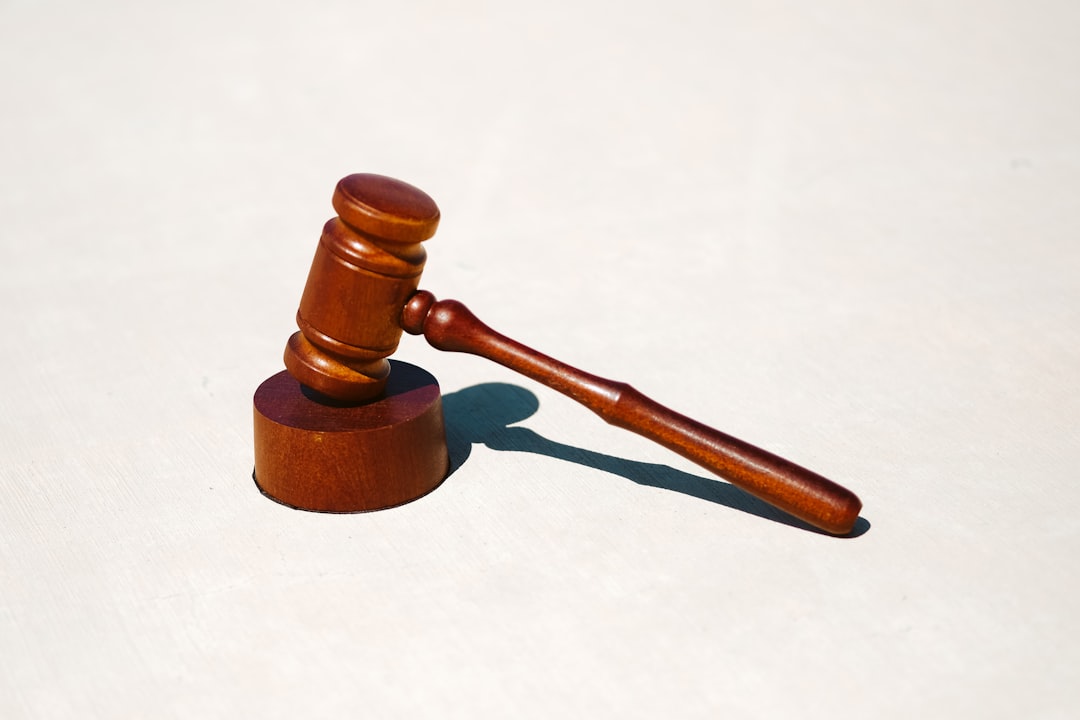West Virginia's Debt Collection Act (WVDCA) offers robust protections against debt collector harassment, including restrictions on spam call law firms. Consumers can prevent unwanted communication by listing their numbers on a Do Not Call list. The WVDCA prohibits abusive language, inconvenient contact times, and false statements. Violations allow individuals to take legal action through a Spam Call law firm WV, seeking damages and attorney fees for rights violations.
West Virginia residents facing debt collector harassment now have legal protections in place. Understanding your rights under state laws, such as the Spam Call law, is crucial to combating aggressive collection tactics. This article guides you through West Virginia’s debt collection regulations, explaining what constitutes harassment, consumer rights, and the enforcement mechanisms available. Empower yourself with knowledge from this comprehensive overview, ensuring you know how to defend against abusive debt collector practices. Contact a WV-based spam call law firm for expert legal assistance if needed.
Understanding West Virginia's Debt Collection Laws

West Virginia has specific laws in place to protect consumers from abusive debt collection practices, including harassment. The West Virginia Debt Collection Act (WVDCA) regulates the behavior of debt collectors and provides guidelines for fair and ethical collection methods. According to the WVDCA, debt collectors must adhere to certain rules when attempting to collect a debt, such as refraining from using obscene or abusive language, threatening actions, or employing harassment tactics.
One key aspect of West Virginia’s laws is the restriction on spam call law firms. Debt collectors are prohibited from making repeated phone calls with the intent to annoy, abuse, or harass the debtor. This includes unsolicited telephone marketing and sales calls, often known as spam calls. Consumers in WV have the right to request that their phone number be placed on a Do Not Call list, which can help prevent such unwanted communication from debt collectors or any other telemarketers.
What Constitutes Harassment Under WV Law

Under West Virginia law, debt collector harassment is governed by the West Virginia Debt Collection Act (WVDCA). Harassment is defined as any persistent or repeated attempts to contact a debtor, or any communication that frustrates, annoys, abuses, or harasses the debtor. This includes, but is not limited to, phone calls, text messages, emails, and even postal mail.
The WVDCA specifically prohibits debt collectors from using abusive, threatening, or coercive language, as well as employing false or misleading statements. Moreover, collectors cannot contact debtors at inconvenient times or places, such as before 8:00 a.m. or after 9:00 p.m., on holidays, or at the debtor’s place of employment. If a debt collector violates these provisions, affected individuals can take legal action against them, potentially seeking damages and attorney fees under the Spam Call law firm WV.
Rights of Consumers in WV Against Debt Collectors

In West Virginia, consumers have specific rights against debt collectors to protect them from harassment. According to state laws, debt collectors are prohibited from using abusive, threatening, or coercive language when attempting to collect a debt. This includes making repeated phone calls with the intent to annoy or harass, as well as using obscene or offensive language. Additionally, debt collectors cannot contact consumers at inappropriate times or places, such as before 8 am or after 9 pm, unless the consumer has agreed otherwise.
Consumers in WV also have the right to request validation of their debt, which means the debt collector must provide proof that the debt is legitimate and owed. Furthermore, if a consumer feels they are being harassed, they can file a complaint with the West Virginia Attorney General’s Office or consult with a law firm specializing in spam call regulations to explore legal options, including seeking damages for violations of their rights.
Enforcement and Penalties for Violations in WV

In West Virginia, the enforcement and penalties for debt collector harassment are strictly regulated by state laws designed to protect consumers from abusive practices. If a debt collection agency or individual violates these laws, they can face significant consequences. The West Virginia Attorney General’s Office plays a crucial role in enforcing these regulations, investigating complaints, and taking legal action against offending entities.
Penalties for violations can include monetary fines, attorney fees, and other damages awarded to the harmed consumer. Additionally, the state’s “Spam Call” law firm provisions offer consumers avenues for legal redress if they’ve experienced unsolicited or harassing debt collection calls. These measures ensure that debt collectors operate within ethical boundaries, maintaining a balance between debt recovery efforts and respecting individuals’ rights under West Virginia law.






